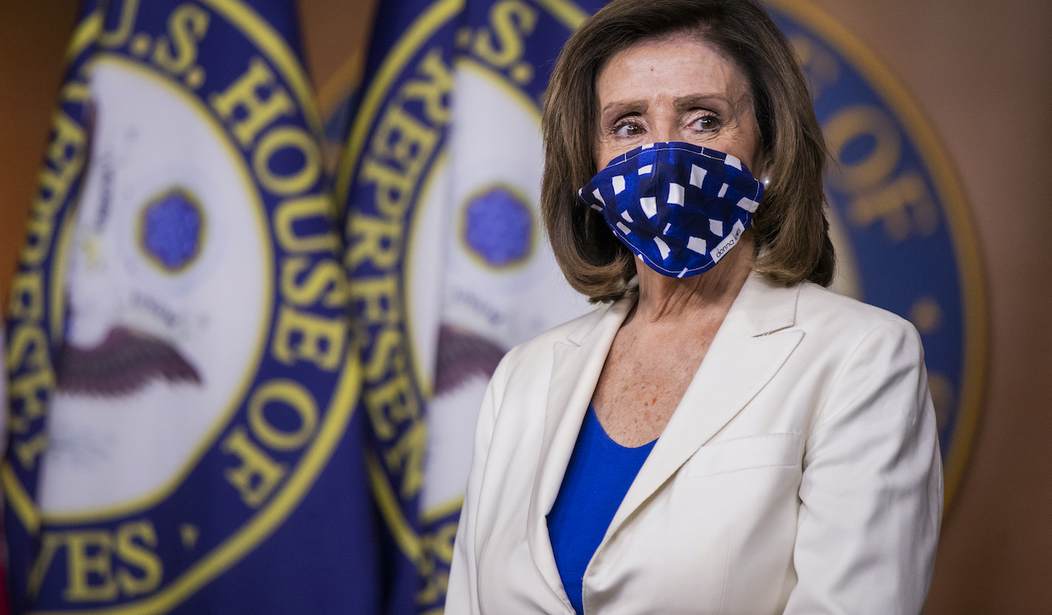Since Nancy Pelosi and her band of leftwing radicals in the House passed the HEROES (Health and Economic Recovery Omnibus Emergency Solutions) Act on May 15, the media has spent most of its time praising or criticizing some of the more expensive elements of the proposal, like a provision that would extend the $600 weekly unemployment “bonus” through January 2021.
Although that provision, and many others, is undoubtedly important, too little time has been spent evaluating provisions in the bill that are clearly meant to buy young people’s votes in the middle of an election cycle. If passed, the HEROES Act would “forgive” $10,000 of student loan debt for potentially millions of Americans across the country, most of whom are under the age of 40.
House Democrats have repeatedly called this part of their legislation a form of pandemic “relief,” but a closer look at the legislation’s other components show that it would provide absolutely no relief at all.
According to the legislation, only those who are “economically depressed” would be eligible to receive the loan forgiveness, but “economically depressed” is defined broadly. It includes people who are in forbearance and deferment, as well as those with $0 payments under an income-based repayment plan. (It also includes those who are in default or serious delinquency.)
Although some who fall into these categories are undoubtedly “economically depressed,” many people who are not currently suffering would also be eligible for the forgiveness.
For example, an unemployed 22-year-old recent college graduate who was living at home before the pandemic began would likely be eligible for loan forgiveness if he or she is enrolled in an income-based repayment plan.
Recommended
An adult who doesn’t work but lives with someone else who does, even if that person earns a very high salary, could also be eligible for the forgiveness if he or she doesn’t file a joint tax return.
It’s also possible that medical doctors who are currently working as residents and have chosen to enter a residency forbearance could be eligible for the forgiveness, depending on the final bill’s language.
Why should any of these people receive $10,000 of student loan debt forgiveness?
Even more importantly, other provisions in the HEORES Act would make the loan forgiveness component nothing but a handout for most young student loan borrowers. Because the legislation keeps federal student loan payments at $0 through September 2021, borrowers wouldn’t be required to make payments on their student loans for more than a year, regardless of whether they have lost a job due to the pandemic.
If borrowers aren’t required to make payments, then why do they need $10,000 of student loan forgiveness?
Further, why would Democrats write the bill in such a way that those with $0 per month payments would become eligible for forgiveness? If these borrowers aren’t paying anything every month, why do they need “relief”?
The only borrowers who would likely benefit from the debt forgiveness provision and could reasonably be considered worthy of receiving assistance are those who have private student loans and have lost their job as a result of the government-imposed economic shutdown. However, this group is very small relative to the number of borrowers with government student loans.
The HEROES Act debt forgiveness policy wouldn’t provide “relief” for most borrowers. What it would likely do, however, is encourage younger people to go running to the polls in November as a “thank you” to progressives and socialists who used their power in government to force those still with jobs to pay for young people’s outstanding student debt bills.
This important and costly part of the HEROES Act isn’t about helping people who are suffering; it’s about scoring points with a key demographic Democrats desperately need if they are going to capture the White House and Senate on Election Day.

























Join the conversation as a VIP Member